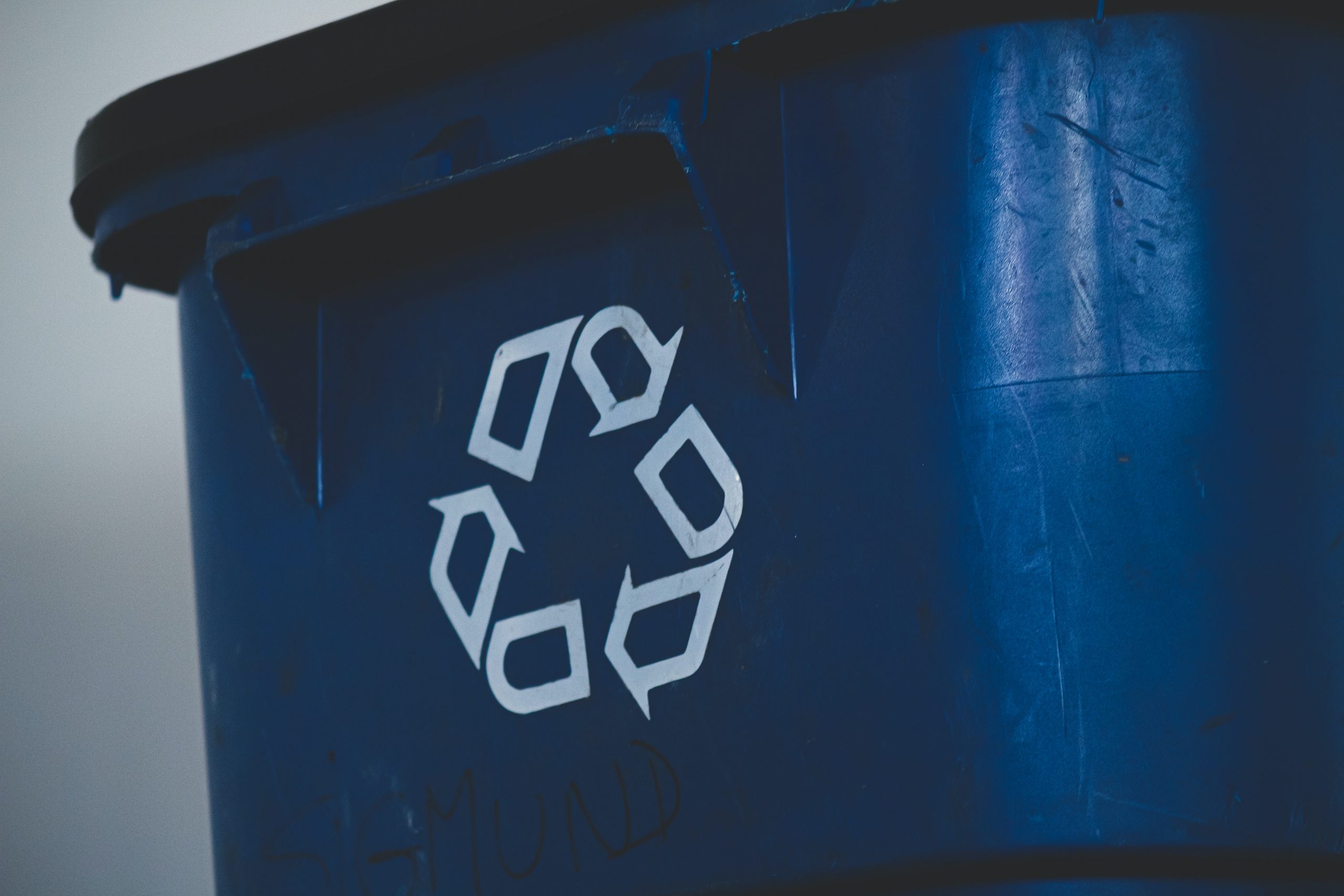How to bring eco-friendly living from home to the office in 2021
Bring in your own lunch
Bringing your own packed lunch in reusable Tupperware containers is an easy way to benefit the environment. By doing this for the majority of the working week, rather than buying lunch, you are massively reducing the amount of waste in packaging being thrown away.
Recycle your canned drinks at home
Canned drinks are incredibly popular, with each household using an average of 208 aluminium cans a year2, but recycling them properly is important. If your cans are not sorted into the appropriate recycling pile, this will contaminate the whole batch of recyclable items and they will end up being dumped in a landfill instead. Business recycling is often limited to just recyclable and non-recyclable items, so taking your cans home with you to be distributed into the appropriate recycling bin can help ensure the cans are reused, which saves on waste and energy.
Introduce a meat free day
The process of providing consumable meat contributes to 30% of all greenhouse gas emissions3, so embedding a habit of cutting out meat for just one day a week can have a hugely positive impact on the environment. A meat free diet produces 2.5x less emissions than a meat based diet4 and uses significantly less water as well.
Switch up your commute
If you live close to your work, ditching the daily use of your car would significantly benefit the environment. By getting public transport, such as a train or bus, you are taking an additional car off the road, which will result in a notable reduction in CO2 emissions, with every private car in the UK producing 180g of CO2 per kilometer5. Cycling or walking will have an even greater impact, as well as giving you a daily source of exercise and the health benefits to go with it.
Turn devices off when they are not in use
This is commonly overlooked but remembering to reduce your electricity usage in vast office spaces is quick, easy and has a big environmental benefit. Simply remembering to turn off the lights in a room after a meeting or turning your computer off rather than putting it on standby when you’ve finished for the day, will not only result in less electrical energy and CO2 emissions, but will also reduce annual energy bills.
Only print if you absolutely need to
A lot of businesses and office staff still use paper unnecessarily. In an age where technology allows us to view virtually any important documentation digitally, trying to cut out printing all together or at least significantly reducing it will go a long way to eliminating wasted paper, which often ends up in landfill sites. Not only that, but if staff are working completely paperless, this will save costs on buying paper and printers in the first place.
Digitise your to-do list
Instead of using a notebook or paper diary, writing out your daily to do list on the computer or in your phone will further reduce paper usage, which in turn will be more environmentally sustainable, with fewer trees being cut down and a reduced demand for paper production. Apps, such as Asana or Evernote, offer straightforward options, or simply make use of built-in tools on Google or Microsoft.
Bring in your own reusable cups/bottles
Reusable coffee cups and water bottles are becoming more and more popular with consumers as businesses try and do their bit to make themselves more environmentally sustainable. Ditching the traditional coffee mug at work will reduce the water usage needed to wash up for multiple brews whilst having your own reusable drinks vessel will remove the need for any single use plastic bottles or cups, which reduces waste going into the environment.
Take packaging home to recycle
The UK uses an estimated five million tonnes of plastic each year, half of which is used in packaging6. Ordering packages for either business or personal use to your place of work is commonplace but stopping to think about how you dispose of the packaging is important. Office recycling options are limited, so breaking down the packaging into cardboard, plastics and metal before taking them home to put in the appropriate recycling bin will lower the amount of waste significantly. Or even better, get your packages delivered directly to your home so it’s easier to recycle.









